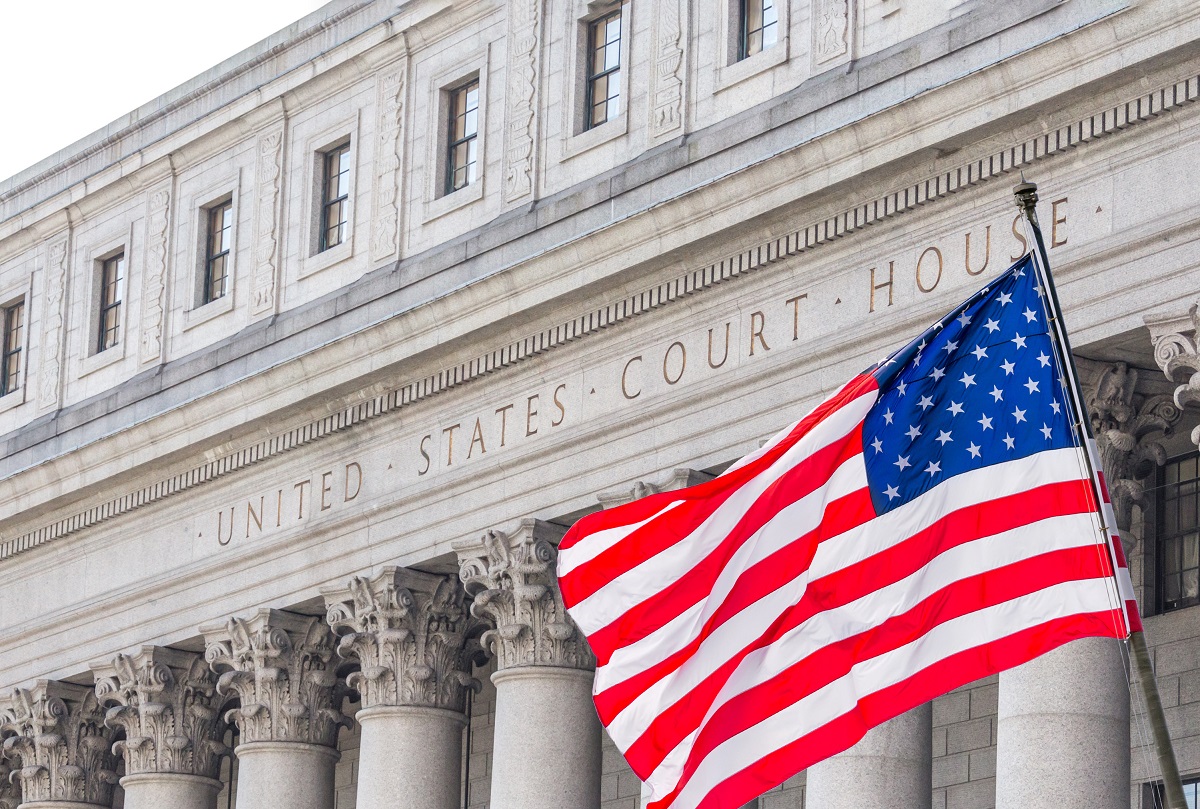
A three-judge panel of the U.S. Court of Appeals for the Second Circuit handed down a decision on March 23 holding that the funding mechanism for the federal Consumer Financial Protection Bureau is constitutionally sound. In doing so, it “respectfully decline[d] to follow the Fifth Circuit’s decision” in Cmty. Fin. Servs. Ass’n of Am., Ltd. v. CFPB.
Last year, the Fifth Circuit ruled that the method used to fund the CFPB was prohibited by the U.S. Constitution’s Appropriations Clause.
In CFPB v. Law Offices of Crystal Moroney, P.C., the CFPB issued a Civil Investigative Demand to a law firm seeking certain documents. When the law firm refused to hand over the documents, the CFPB filed a lawsuit in federal district court to enforce it. The district court granted the request and the law firm appealed.
On appeal, the law firm made several arguments why the CID could not be enforced, one of which relied on the Fifth Circuit’s recent ruling. The Second Circuit rejected them all and affirmed the district court’s order.
A copy of the opinion in CFPB v. Law Offs. of Crystal Moroney is available at: Link to Opinion.
FINDS “NO SUPPORT” FOR THE FIFTH CIRCUIT’S REASONING
The Fifth Circuit found that the means of funding the CFPB was outside the appropriations process, even though Congress had approved of the funding mechanism when it created the CFPB. As a result, the CFPB’s budget was “insulat[ed] from annual or other time limited appropriations.”
“We cannot find any support for the Fifth Circuit’s conclusion in Supreme Court precedent . . . [or] in the Constitution’s text,” the Second Circuit panel wrote. Citing a 1990 Supreme Court decision, the Second Circuit concluded that a funding scheme that is “authorized by a statute” is all that is required under the Appropriations Clause. There is no question that Congress did just that in 2010 when it crafted the CFPB’s funding scheme in section 1017 of the Dodd-Frank Act.
The Fifth Circuit’s reasoning that annual or “time limited appropriations” are a necessary element missing from the Bureau’s funding scheme fared no better. The text of the Constitution, the Second Circuit noted, only places time limitations on funds to “raise and support an army.” Since no other funding has such a limitation, by negative implication the Fifth Circuit could not impose one.
A BATTLE OVER THE BREADTH OF AGENCY POWER
As much as this appears to be an argument over the CFPB, it is likely bigger than that. A few weeks ago I wrote that when the Supreme Court decided to take up the Fifth Circuit’s decision, it looked like the stage was set for a battle between two philosophies.
One is concerned that administrative agencies wield excessive power and are not constitutionally sound because elected officials do not have sufficient control over them. The other believes agencies should not be easily swayed by politics, and so, need to be insulated from political winds. Because they are composed of professional civil servants, they carry out their functions within the bounds of formal and technical restraints.
The Second Circuit has provided an argument for the latter.
Photo: Mariakray/stock.adobe.com


